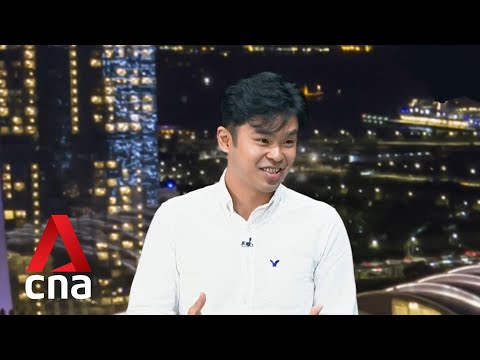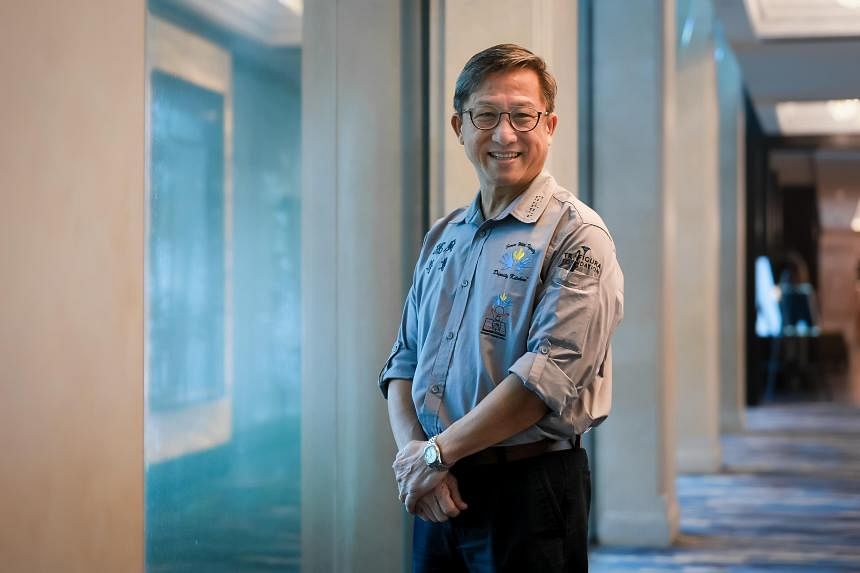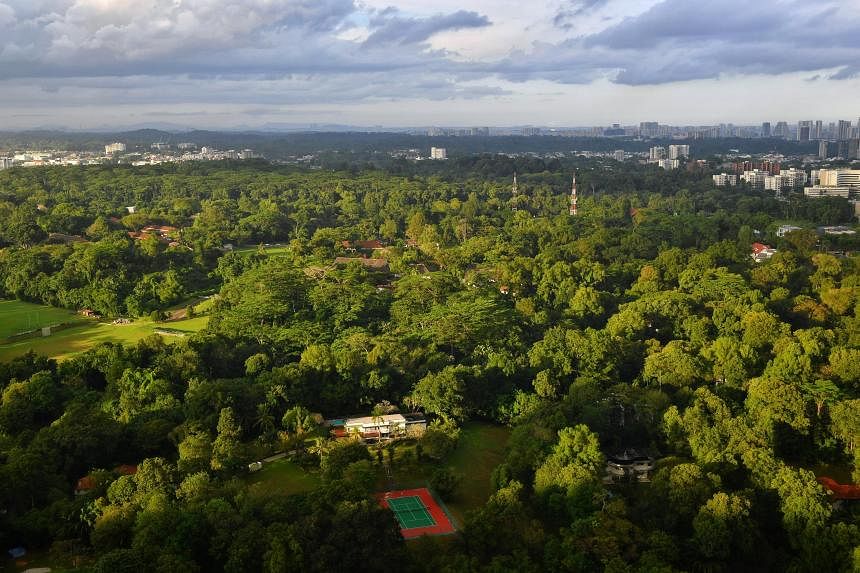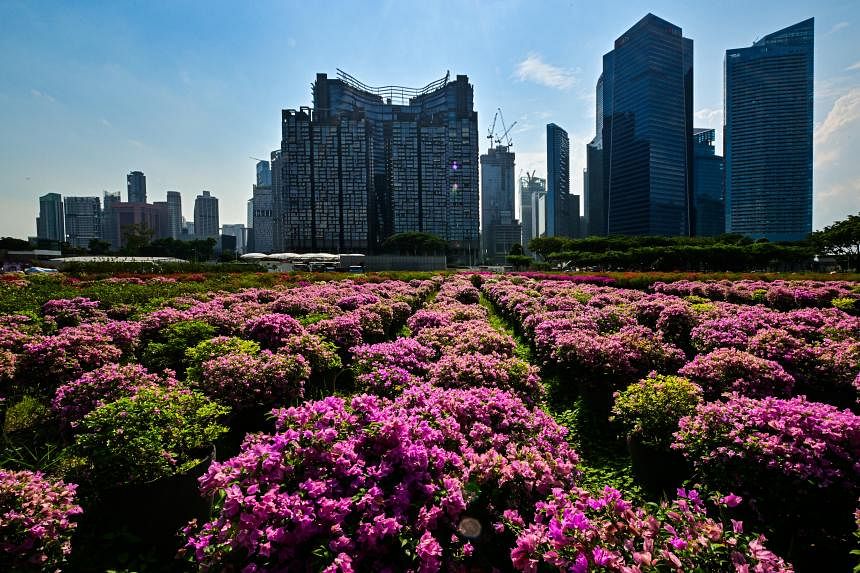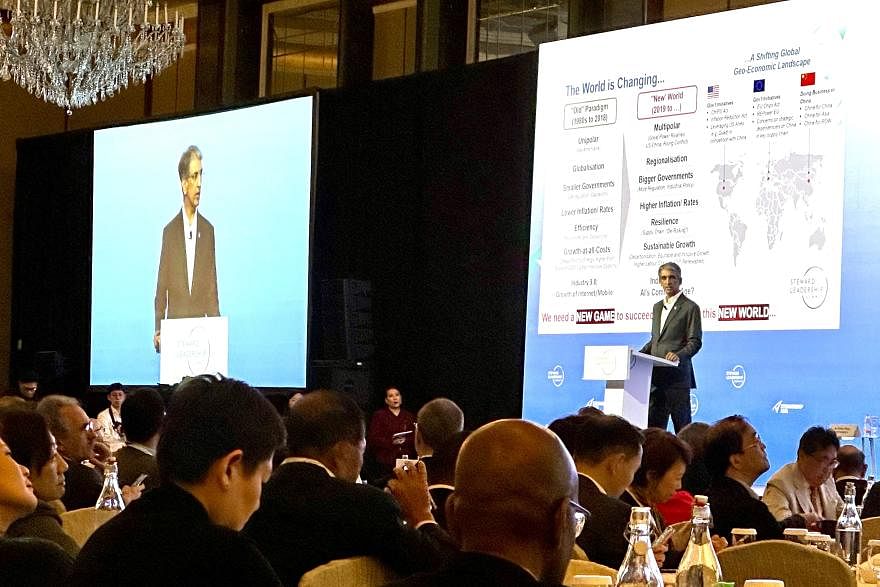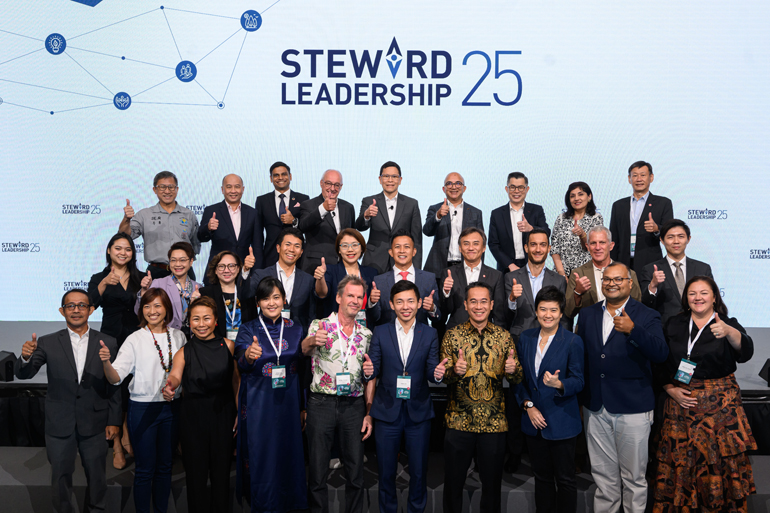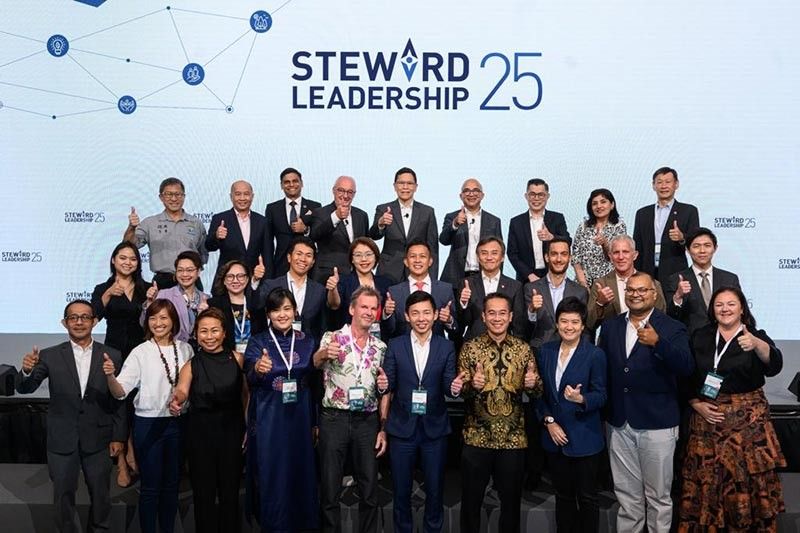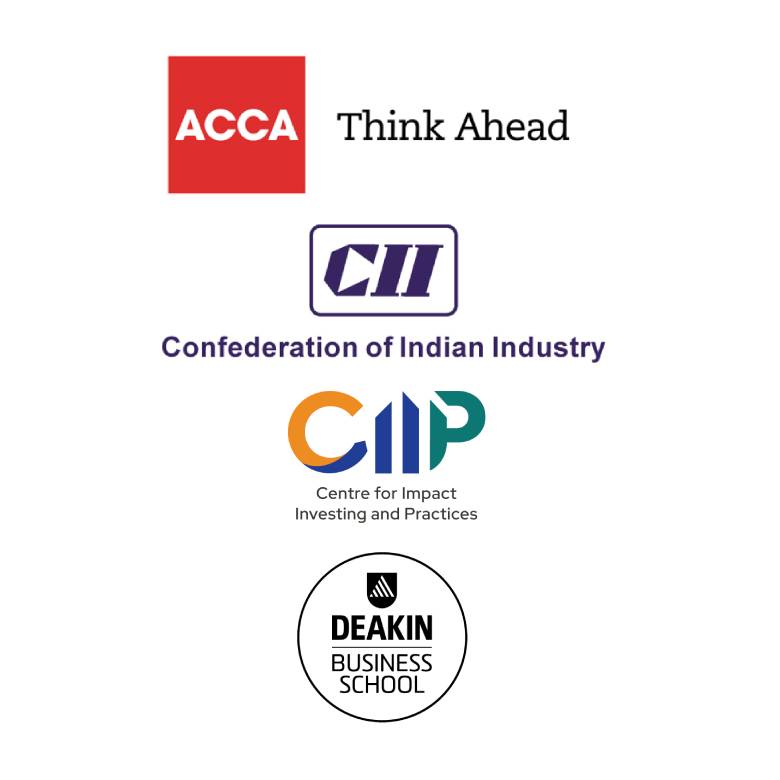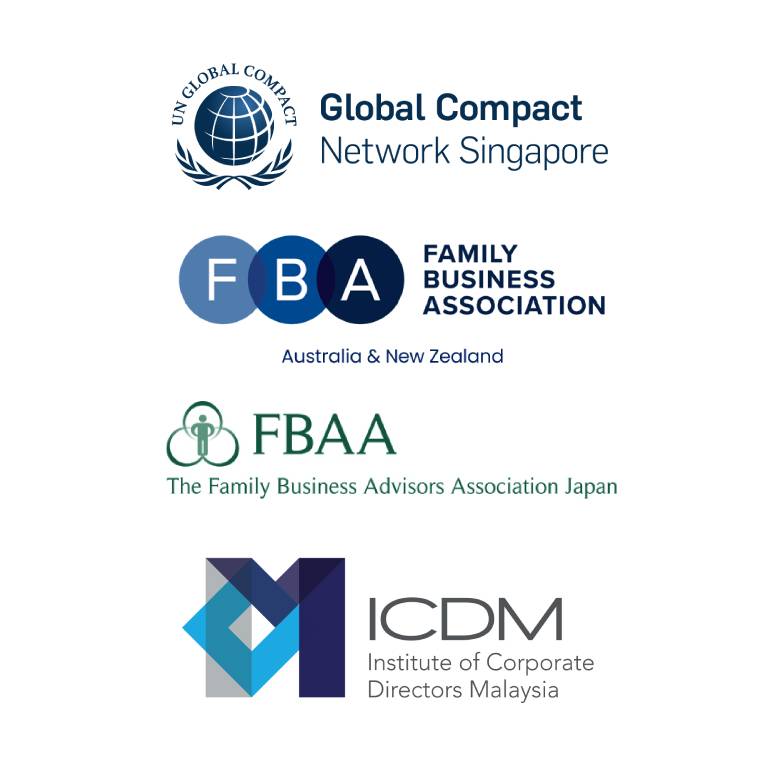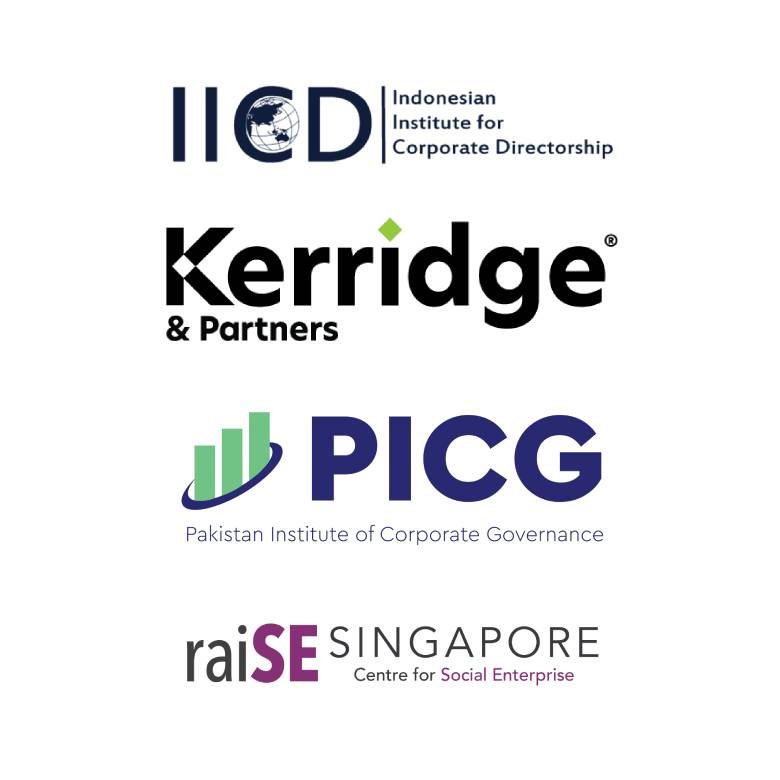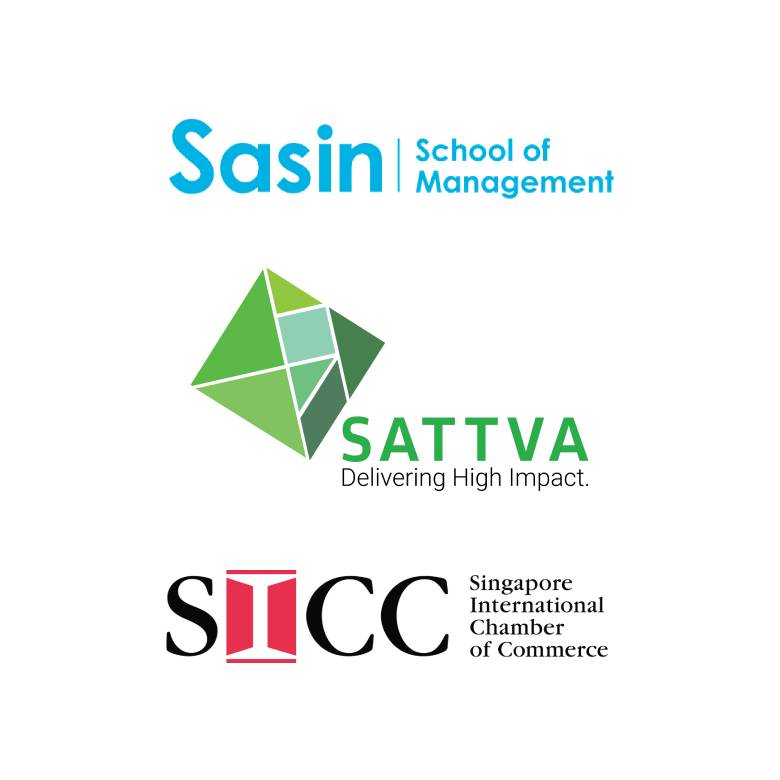
Viable solutions for
society and the environment
Viable solutions for
society and the environment
-1.png?sfvrsn=38bb1bd0_2)
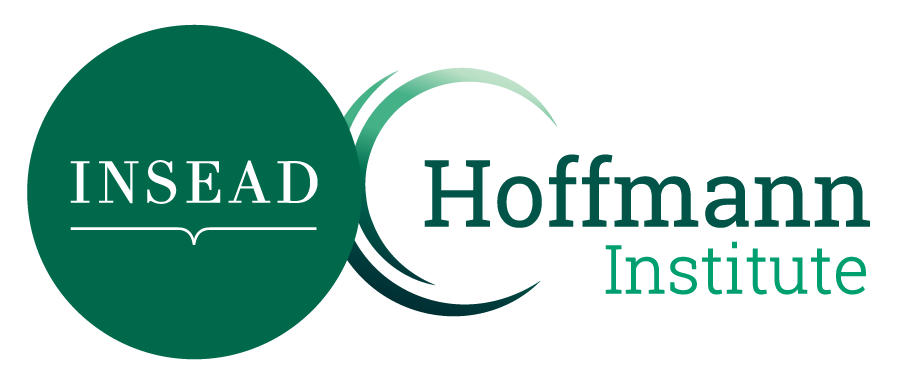
-1.png?sfvrsn=d379fc6a_2)
-1.png?sfvrsn=38bb1bd0_2)

-1.png?sfvrsn=7726dee1_2)
-1.png?sfvrsn=d379fc6a_2)
Steward Leadership 25 (SL25) is an annual award that celebrates 25 solutions which demonstrate steward leadership excellence. Now in its fourth iteration, SL25 has celebrated 100 impact stories and continues to showcase more solutions that do well by doing good.
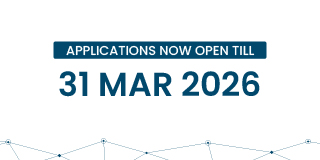

Why Apply?
Showcase
- Organic and paid media opportunities to promote your solution
- Content opportunities through articles, videos and podcasts
- Speaking opportunities and case studies for executive education
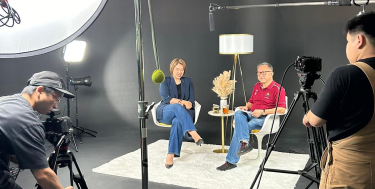
Engage
- Get recognised at the SL25 award ceremony
- Exclusive invitations to our flagship events, including the Steward Leadership Summit, a high-profile event attended by business, government and civil society leaders from around the Asia-Pacific region.
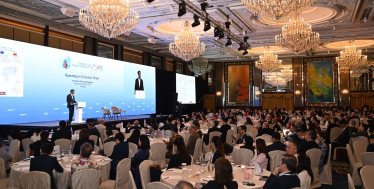
Network
- Join the SL25 ecosystem
- Connect with an executive network through our platforms
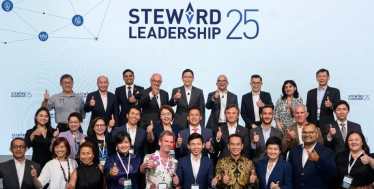
Which solutions qualify?
- Is financially viable or working towards financial viability (applications with quantitative evidence are prioritised in judging).
- Makes significant positive environmental and/or social impact between Jan 2024 and Jan 2026.
- Implemented in Asia and the Pacific.
- Primarily owned, managed, and implemented by applicant.
Previous SL25 winners can submit new solutions or past winning solutions that showed significant new process.
As seen on...
Supporting Partners
Supporting Partners
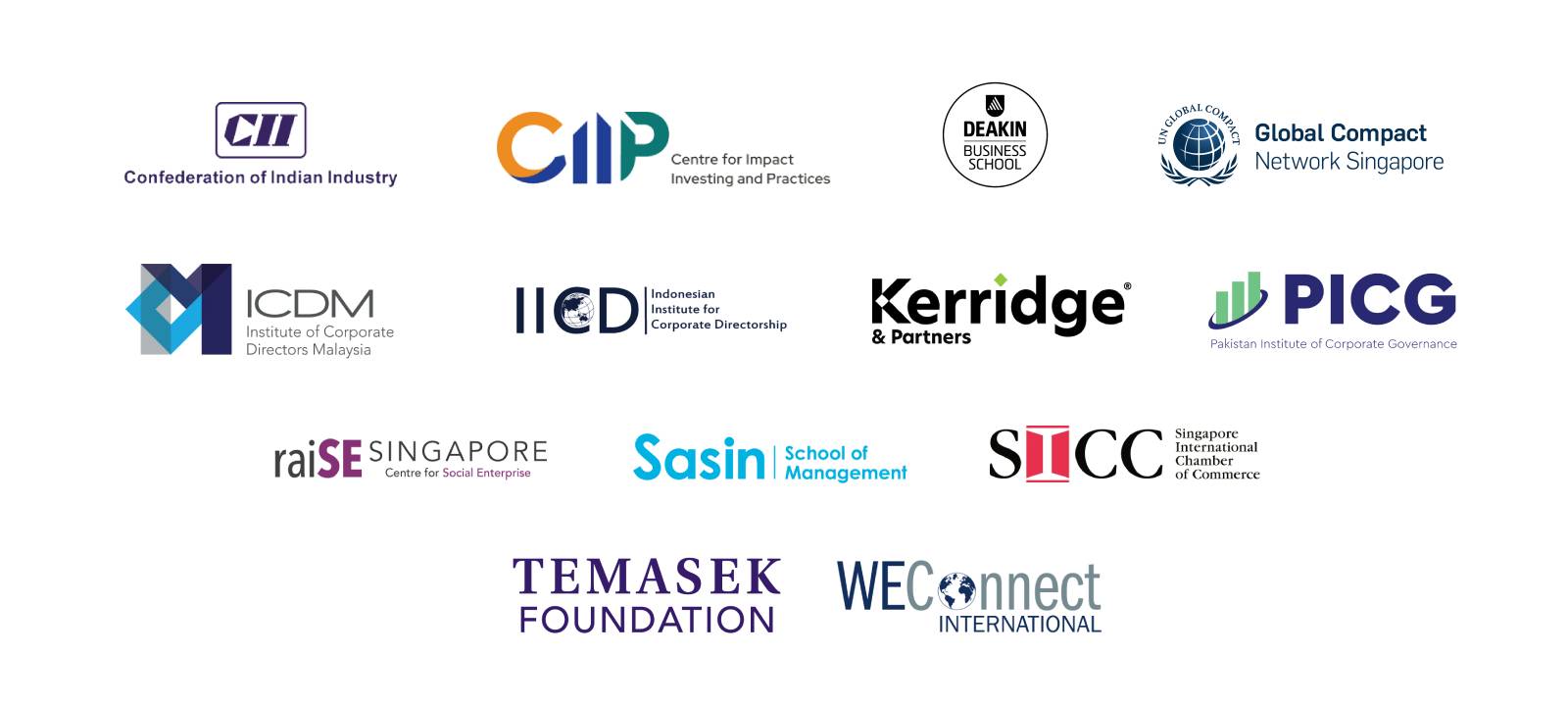
Timeline
FAQ
For non-APAC-headquartered companies, you may submit a solution if its geographical impact is in APAC, and you have an office in the area(s) where your project is implemented.
GET IN TOUCH
If you have any questions about SL25, please contact us. We’ll get back to you as soon as possible.




